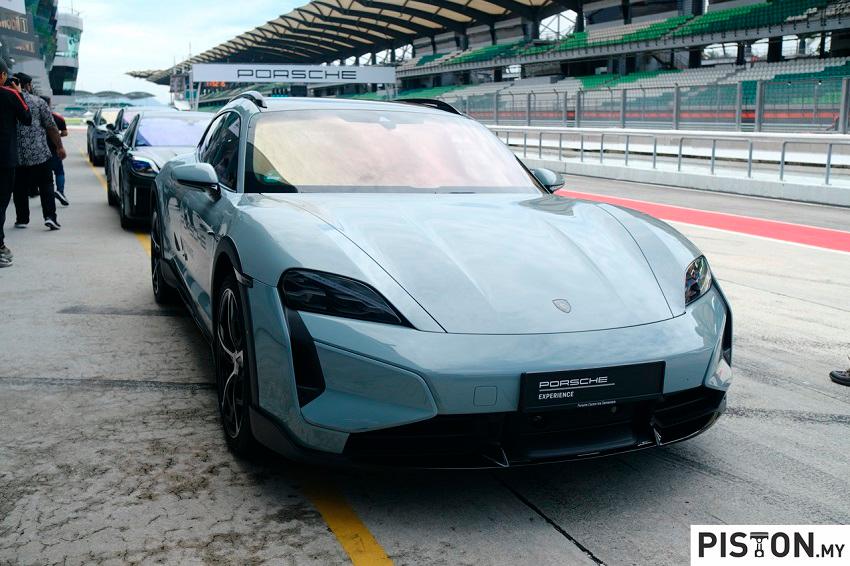WHEN Porsche debuted the Taycan, it redefined electric vehicles (EVs), setting records and reshaping perceptions of what EVs could achieve. However, public sentiment surrounding EVs has cooled, and changing market dynamics have led Porsche to reconsider its ambitious plans for a predominantly electric fleet.
EV Plans on Hold Amid Falling Taycan Sales
In July 2024, Porsche openly acknowledged challenges in its EV strategy. Initially targeting an 80% EV lineup by 2030, the automaker scaled back those goals following disappointing Taycan sales. In the first nine months of 2024, Taycan sales plummeted by 50% year-over-year, with only 14,000 units sold by September.
Meanwhile, Porsche’s internal combustion engine (ICE) models like the 718 Cayman and Boxster are enjoying a resurgence. These mid-engine sports cars, set to transition to all-electric models after 2025, have seen a 10% increase in global sales in 2024, even as they were discontinued in several European markets due to cybersecurity regulations.
Commitment to ICE: Cayenne, Panamera, and 911
Porsche’s pivot is evident in its decision to maintain ICE versions of key models well into the 2030s. In an August interview, Michael Steiner, Porsche’s R&D chief, confirmed that the Cayenne would continue offering petrol-powered variants alongside the upcoming fully electric model. The Panamera is set to follow a similar path. Meanwhile, the iconic 911 will retain multiple ICE options, further solidifying Porsche’s dual-track approach to powertrain development.
This flexibility extends to new combustion-engine derivatives of electrified vehicles, underscoring Porsche’s focus on catering to both traditional and modern preferences in a fluctuating market.
The Role of e-Fuels in Porsche’s Future
A key factor in Porsche’s commitment to ICE models is the potential of synthetic e-fuels. These alternative fuels, produced from renewable energy sources, offer a way to decarbonise existing combustion-powered vehicles without transitioning entirely to EVs.
Michael Steiner highlighted the role e-fuels could play in reducing fossil fuel dependency, suggesting they could be introduced incrementally as a blend with conventional fuels. Karl Dums, Porsche’s Senior Project Lead for eFuels, emphasized the importance of scaling production to meet global demand, framing e-fuels as a practical bridge to a greener future.
Balancing Performance Heritage and Innovation
Porsche’s strategy reflects a careful balancing act. While the Taycan’s debut showcased its technological prowess, recent challenges have reaffirmed the enduring demand for ICE vehicles. By maintaining a flexible approach that incorporates EVs, hybrids, and e-fuels, Porsche aims to navigate an evolving automotive landscape without abandoning its performance heritage.
As the automaker refines its path forward, Porsche’s commitment to innovation—whether through electrification or advancements in ICE technology—continues to resonate with its global customer base.









